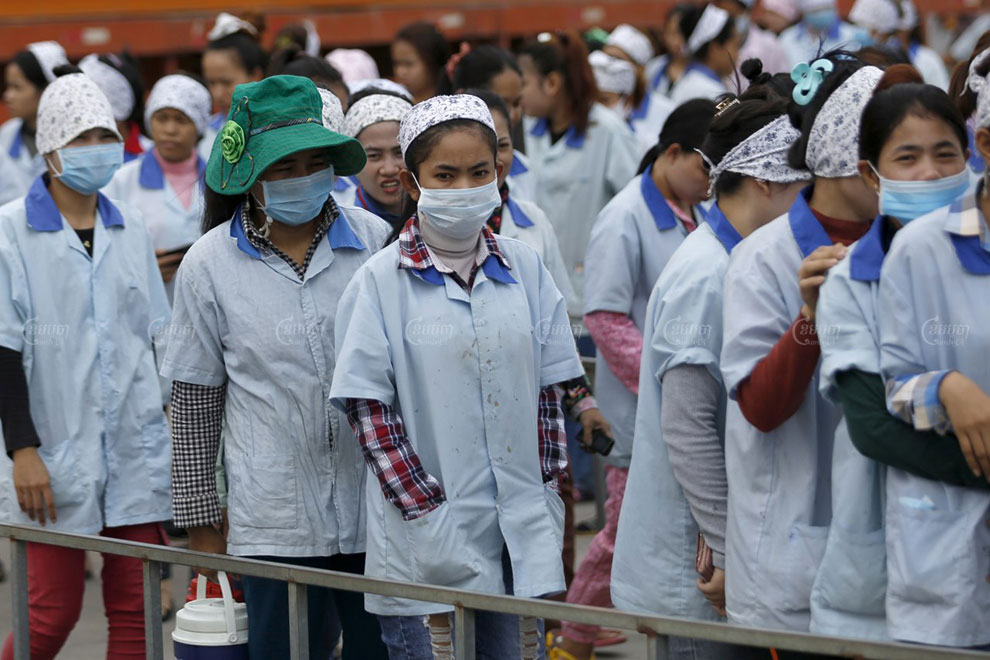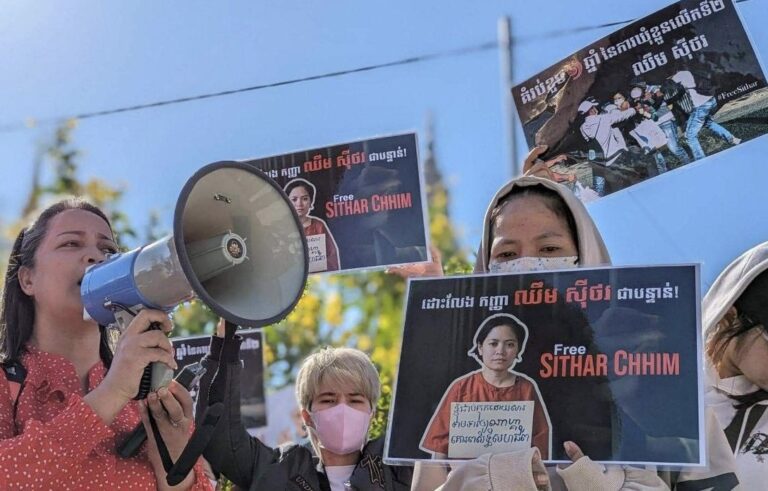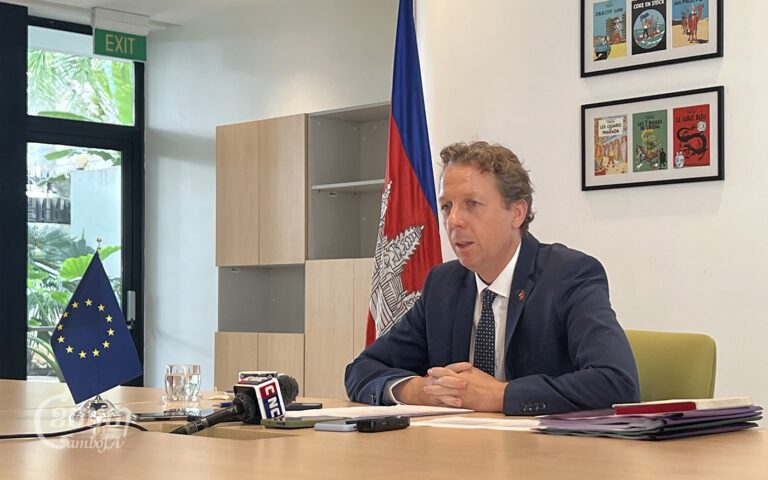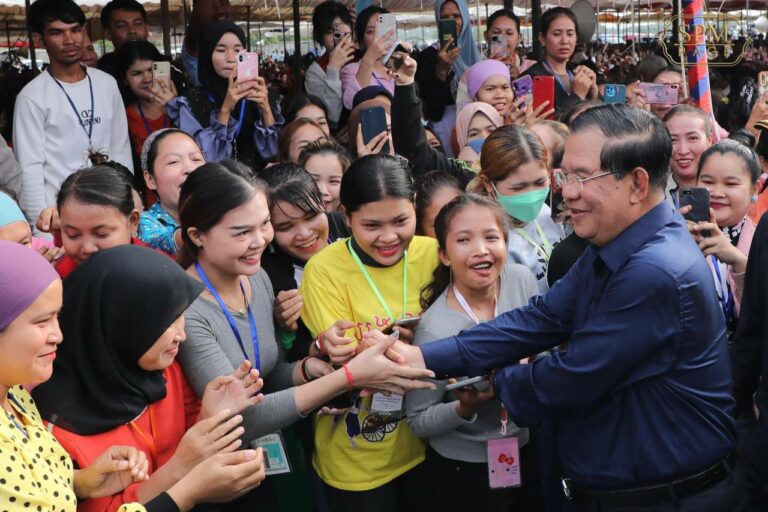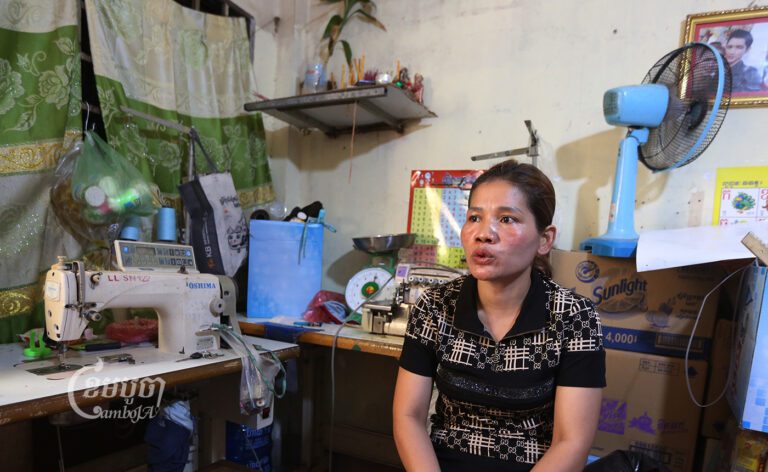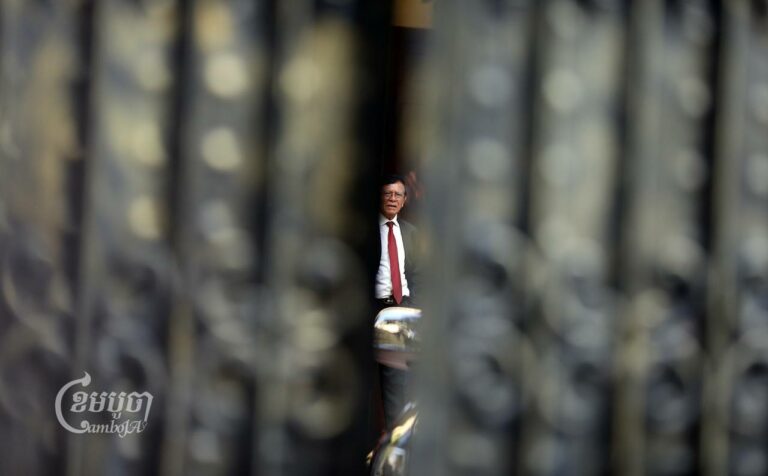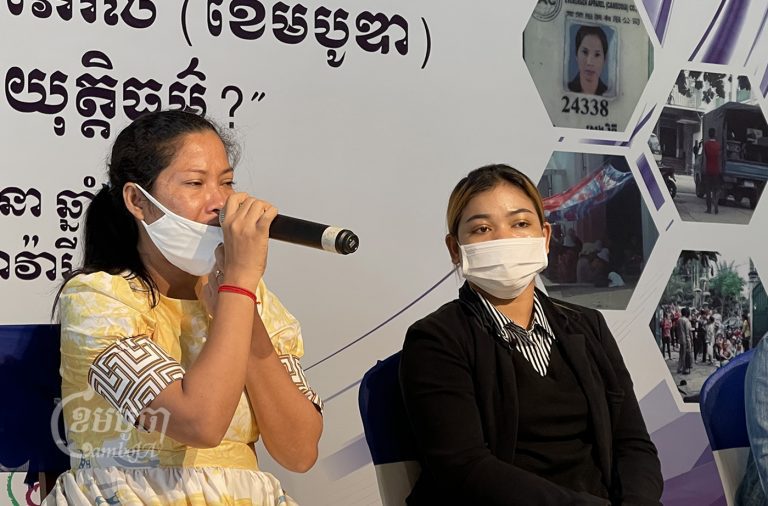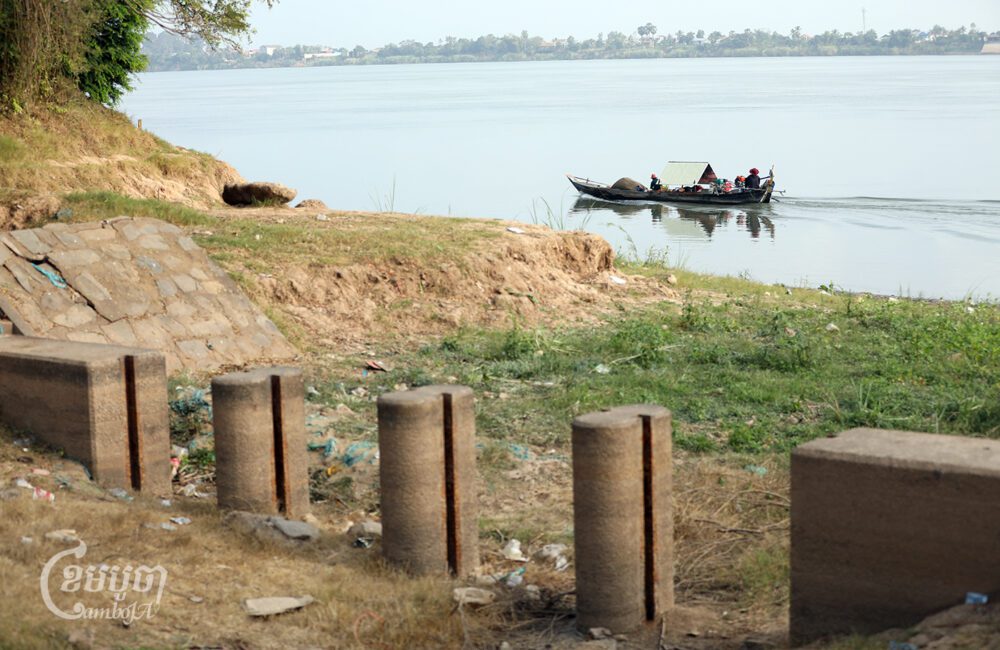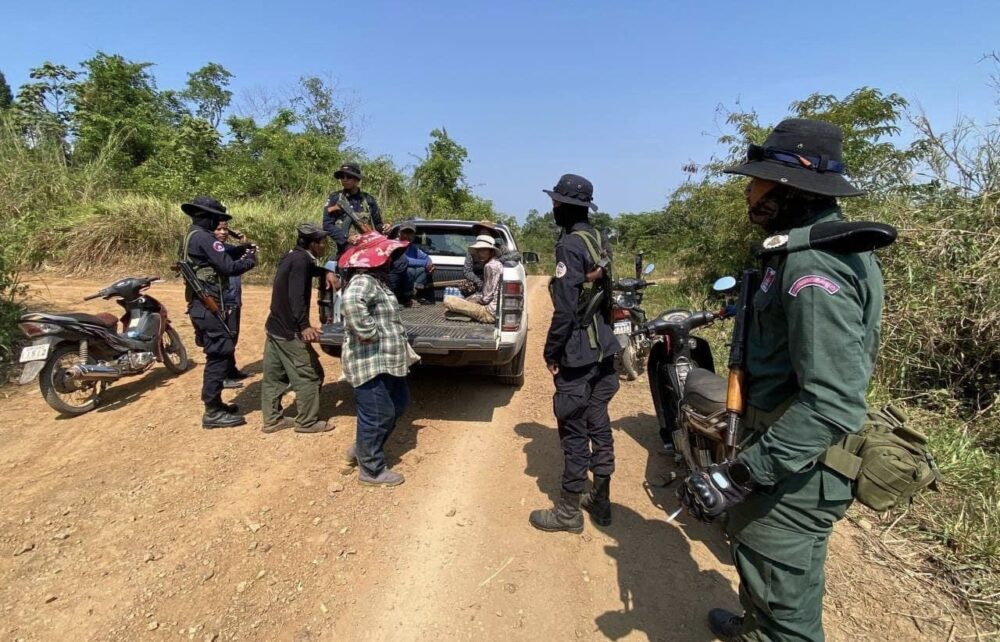The European Commission’s decision to partially withdraw Cambodia’s “Everything But Arms” (EBA) tariff-free status to the European Union (EU) took effect on August 12, with about 20 percent of garment, footwear, and travel goods now subject to the bloc’s customs duties.
The decision comes after the EU announced in February that it had concluded its yearlong review and found that Cambodia had not done enough to combat the “serious and systematic concerns related to human rights” in the country.
“The EU enforces this measure while staying open to engage with Cambodia on the necessary reforms,” the statement said.
European Commissioner for Trade Phil Hogan said in the statement that the EU had helped Cambodia develop its export-oriented garment industry and would “stand by” the nation as the sector struggles due to the global economic slowdown caused by Covid-19.
“Nonetheless, our continued support does not diminish the urgent need for Cambodia to respect human rights and labor rights,” he said in the statement. “I stand ready to continue our engagement and to restore fully free access to the EU market for products from Cambodia provided we see substantial improvement in that respect.”
“The EU will keep on monitoring the situation in the country, with a particular focus on current restrictions in the areas of freedom of expression and civil and political rights, as well as land disputes and labor rights in the context of the ongoing reforms,” the statement said.
Foreign Affairs Ministry spokesman Koy Kuong said via Telegram messenger that the ministry’s stance had not changed since the EU announced its decision on February 12.
“In the past, we have been working to improve and promote human rights and democracy, as well as labor rights within a sovereign and independent state,” Kuong said.
He added that the partial withdrawal of EBA would not affect Cambodia-EU relations and bilateral cooperation would continue.
“Despite this EBA decision, the Royal Government of Cambodia remains highly committed to continuing to promote and improve human rights, labor rights and democracy in the framework of a fully independent and sovereign state,” Kuong said.
Areas in which the EU has demanded to see improvement include restoring political freedoms, re-establishing the necessary conditions for a credible political opposition, and amending controversial legislation such as the Law on Nongovernmental Organizations.
“If the government of Cambodia shows significant progress, particularly on civil and political rights, the Commission may review its decision and reinstate tariff preferences under the ‘Everything But Arms’ arrangement,” the Commission’s statement said.
Labor Ministry spokesman Heng Sour said through Telegram messenger that despite the partial revocation of EBA, the EU and Cambodia would remain friends and strategic partners.
“As a fully independent and sovereign country, Cambodia has properly fulfilled the principles of democracy and respect for labor rights as enshrined in its constitution, without the need for any country to remind Cambodia,” Sour said.
He added that Cambodia is currently more concerned about the effects of Covid-19 on the garment industry.
“The withdrawal of parts of the EBA was only a small part of the problems of the Covid-19 era,” Sour said. “Cambodia is very worried about the impact of Covid-19 because… we have to face a shortage of raw materials for the garment sector, and because of this disease, we are worried that the number of factories closing their doors will rise, but we are at a number that is more manageable than the original assessment.”
He added that the country has been able to maintain normal economic activity compared to other countries amid the pandemic.
“Cambodia must continue on the path of its reform action plan, both in terms of governance and economic policy, in order to maintain the country’s competitiveness without relying too heavily on tariff preferences as before,” Sour said.
Some 256 Cambodian garment and footwear factories have halted operations due to Covid-19, according to a June letter sent by the Garment Manufacturers Association in Cambodia (GMAC), Cambodia Footwear Association and the European Chamber of Commerce to the EU asking it to delay the partial EBA withdrawal.
The letter said most of the country’s factories are operating at reduced capacity and more than 130,000 garment workers have lost their jobs.
Moeun Tola, executive president of the Center for Alliance of Labor and Human Rights (Central), an NGO which supports Cambodian laborers, said he regrets the partial loss of EBA but said that the EU’s intention to help develop the economy and build democracy in Cambodia to respect human rights is also important.
He said the EU’s decision to cut tariff-free trade for only 20% of exported goods showed the bloc has good intentions.
“Even though they withdrew 20 percent [of EBA], they can cancel it if Cambodia does something to make them see that we are trying to improve,” Tola said.
“Today, we regret that our Cambodia has not reformed the conditions that the EU requested and caused us to lose the preferential tax system, so it is regrettable for our whole nation,” he said.
Soy Chanthou, president of the Federation Union of Free and Independent (FUFI), said the partial withdrawal of tariff-free trade with the EU would be a blow to garment and footwear workers..
“Our workers will lose jobs and benefits more in the future because of this EBA decision,” Chanthou said, adding that more than 10 confederations and unions including FUFI would hold a press conference on August 14 about their plans.
GMAC and Cambodia Footwear Association (CFA) also issued releases on August 12 for the benefit of their member companies and international buyers detailing specific changes to production lines.
Spokesmen for the Commerce Ministry could not be reached for comment.


